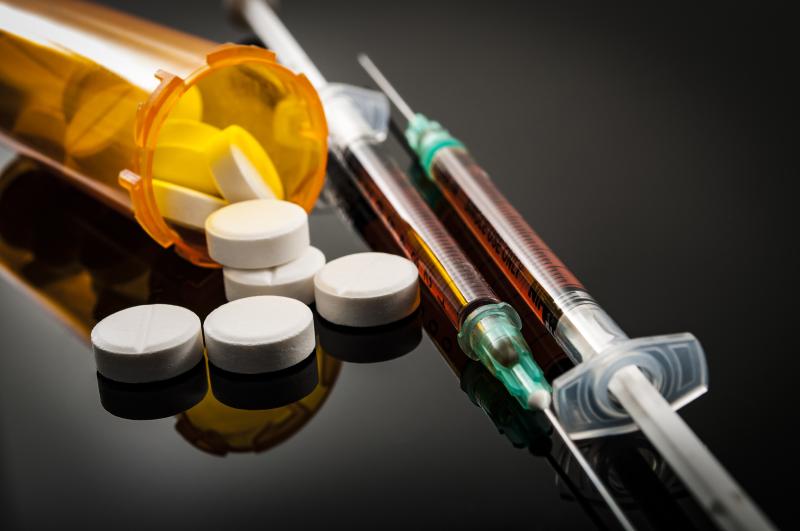 The opioid epidemic in the US has presented a complicated moral dilemma to doctors when treating potential drug abusers.
The opioid epidemic in the US has presented a complicated moral dilemma to doctors when treating potential drug abusers.Opioid overdose appears to increase the burden of cardiovascular events which may, in turn, lead to excess mortality rates and greater resource utilization, a recent study has shown.
Researchers conducted a retrospective and observational study involving 430,459 patients who were hospitalized for opioid overdose. Of these, 8.6 percent (n=36,837) had at least one cardiovascular event defined as arrhythmias (5.2 percent; n=22,444), acute heart failure (0.7 percent; n=3,074) or ischaemic events (3.2 percent; n=13,979). Almost 98 percent of all hospitalizations were emergent or urgent.
Crude in-hospital mortality rates were almost four times higher in patients who had developed at least one cardiovascular episode (9.1 percent vs 2.2 percent; p≤0.001). This translated to a significantly elevated risk of death (odds ratio [OR], 4.55, 95 percent confidence intervals [CI], 3.11–5.04; p≤0.001).
Length of stay (4 vs 2 days; p≤0.001) and cost of care ($10,406 vs $5,140; p≤0.001) were similarly significantly higher in patients who had experienced cardiovascular events.
Disaggregation according to type of event did not alter the principal results. Crude mortality was almost five times higher in patients with ischaemic events as compared to their no-cardiovascular event counterparts (11.5 percent vs 2.2 percent; p≤0.001; OR, 4.49, 95 percent CI, 3.90–5.17; p≤0.001). Length of stay and cost of care were also significantly higher (p≤0.001 for both).
This trend in excess mortality risk, length of stay and resource utilization persisted in patients who had heart failure and arrhythmias.